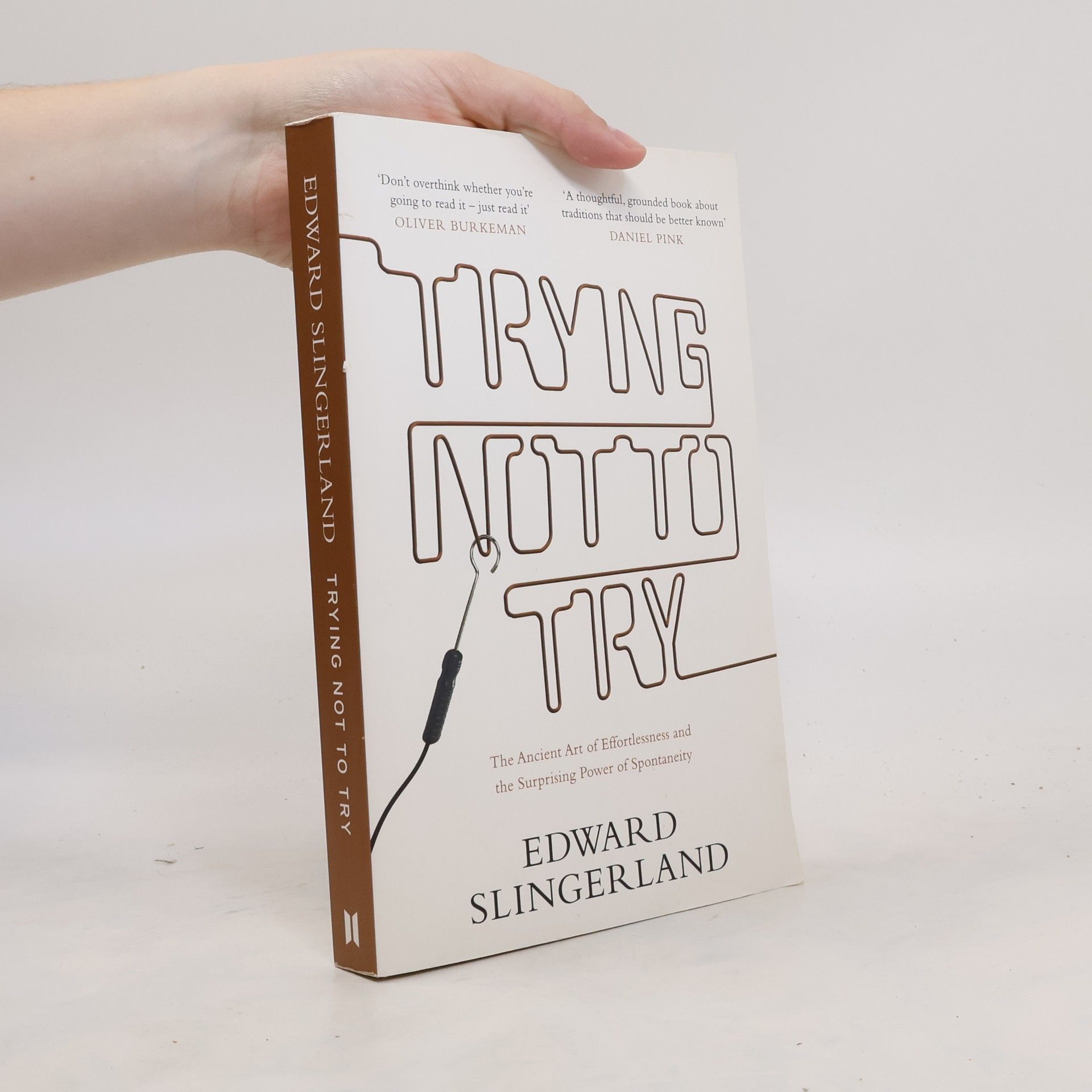Effortless Action: Wu-wei As Conceptual Metaphor and Spiritual Ideal in Early China
- 368pages
- 13 heures de lecture
This book systematically explores the personal spiritual ideal of wu-wei—translated as "effortless action"—in early Chinese thought. Edward Slingerland's analysis reveals that wu-wei embodies a broader set of metaphors related to a state of effortless ease and unself-consciousness, serving as a shared ideal for both Daoist and Confucian thinkers. He highlights a conceptual tension within this ideal, known as the "paradox of wu-wei," which raises the question of how one can consciously "try not to try." Methodologically, the work applies contemporary theories of conceptual metaphor to the study of early Chinese thought, offering insights that extend beyond this context. The exploration of wu-wei is pertinent to those interested in later East Asian religious thought and the Western "virtue-ethics" tradition. Additionally, the conceptual metaphor analysis and the principle of "embodied realism" provide a novel theoretical framework for comparative thought, religion, intellectual history, and the humanities. This work aims to introduce scholars in the humanities and social sciences to this methodology, demonstrating its application within a specific sub-field.



